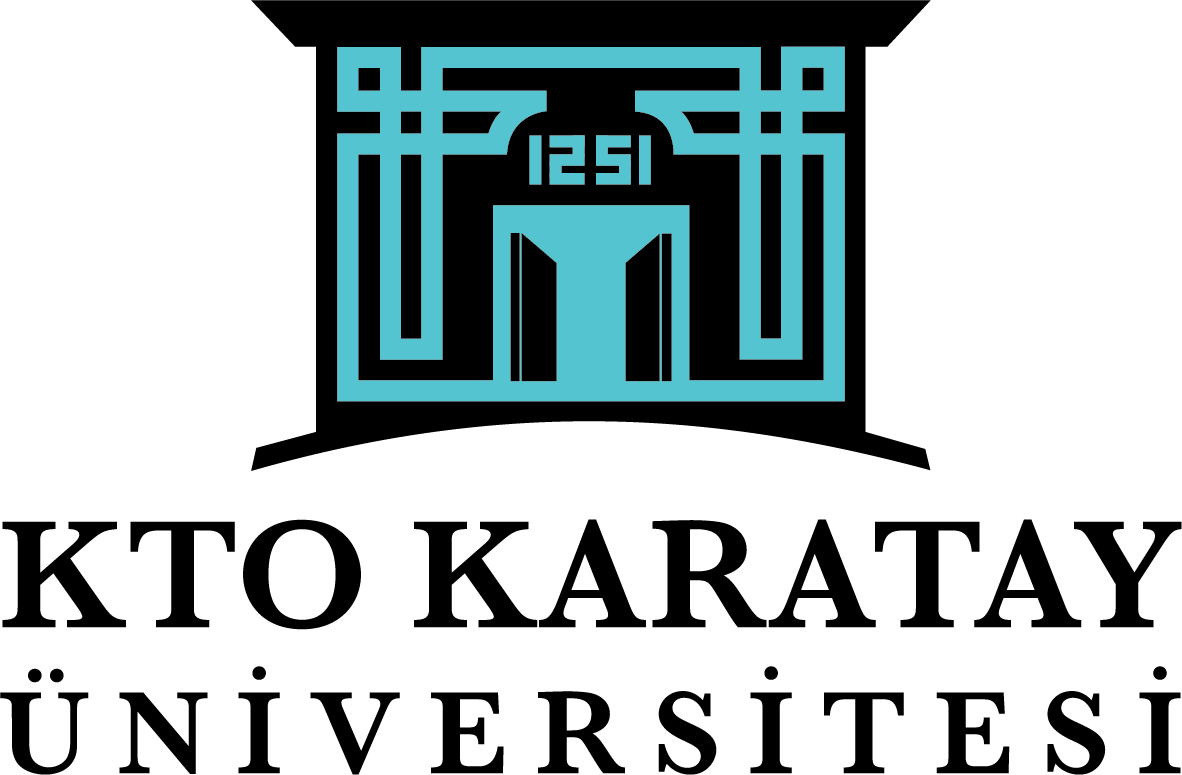| dc.description.abstract | Özellikle 1945 yılında sonra dünyada görülen ticaret serbestleştirme eğilimleri sonucunda hem global hem de bölgesel anlamda birçok ekonomik entegrasyon oluşturulmuştur. Ülkeler bu ekonomik entegrasyonlar ile birbiri arasındaki tarife ve tarife dışı engellerini kaldırmayı ve üretim faktörlerinin serbest bir şekilde hareket etmesini sağlamayı hedeflemektedir. Bu ekonomik entegrasyonlardan en başarılısı Avrupa Birliği'dir. Yaklaşık yarım yüzyıldır birliğin bir üyesi olmak için uğraşan Türkiye, son zamanlarda bu hedefinden uzaklaşmış görünmektedir. Hem Avrupa Birliği hem de Türkiye birbirini yükümlülüklerini yerine getirmemekle suçlamaktadır. Bu kapsamda Türkiye alternatif ekonomik entegrasyon oluşumlarına yönelmiş ve Şanghay İşbirliği Teşkilatı birçok Türk politikacı tarafından dile getirilmeye başlamıştır. Bu çalışmada Türkiye'nin Avrupa Birliği ve Şanghay İşbirliği Teşkilatı'na ekonomik entegrasyon süreci kümeleme analizi ile ele alınmıştır. Araştırma kapsamında Türkiye, Avrupa Birliği ülkeleri ve Şanghay İşbirliği Teşkilatı ülkelerinin 2018 yılı ekonomik ve dış ticaret verileri incelenmiştir. Araştırma sonucunda Şanghay İşbirliği Teşkilatı ve Avrupa Birliği'nin birbirinden farklı özelliklere sahip olduğu, Türkiye'nin hem Avrupa Birliği hem de Şanghay İşbirliği Teşkilatı ülkeleriyle ortak özelliklere sahip olduğu görülmüştür.
Especially after 1945, as a result of the trade liberalization tendencies in the world, many economic integrations were created both globally and regionally. Countries aim to remove tariff and non-tariff barriers among each other and ensure the free movement of production factors with these economic integrations. The most successful of these economic integrations is the European Union. Turkey, for struggling to become a member of the Union for almost half a century, seems to have recently moved away from this goal. Both the European Union, Turkey has accused each other to fulfill their obligations. In this context, Turkey has turned to alternative economic integration and the formation of the Shanghai Cooperation Organization has started to be voiced by many Turkish politicians. In this study, Turkey's economic integration to the European Union and Shanghai Cooperation Organization was analyzed by clustering analysis. Within the scope of the research, the economic and foreign trade data for the year of 2018 of Turkey, of the European Union members and of the Shanghai Cooperation Organization members were analyzed. As a result of the research, it is revealed that Shanghai Cooperation Organization and European Union have different characteristics and Turkey with the Shanghai Cooperation Organization countries were found to have common characteristics and Turkey has been shown to have features in common with the European Union and the Shanghai Cooperation Organization countries. | en_US |















